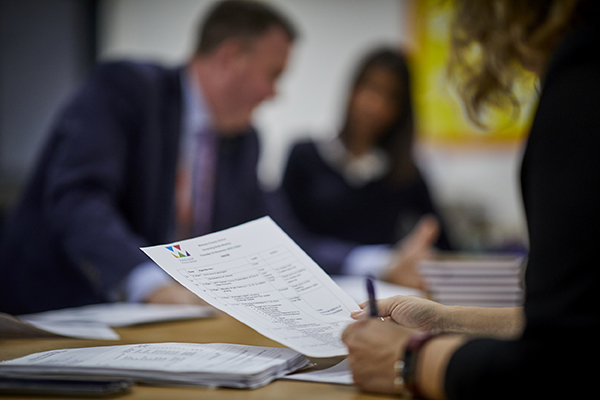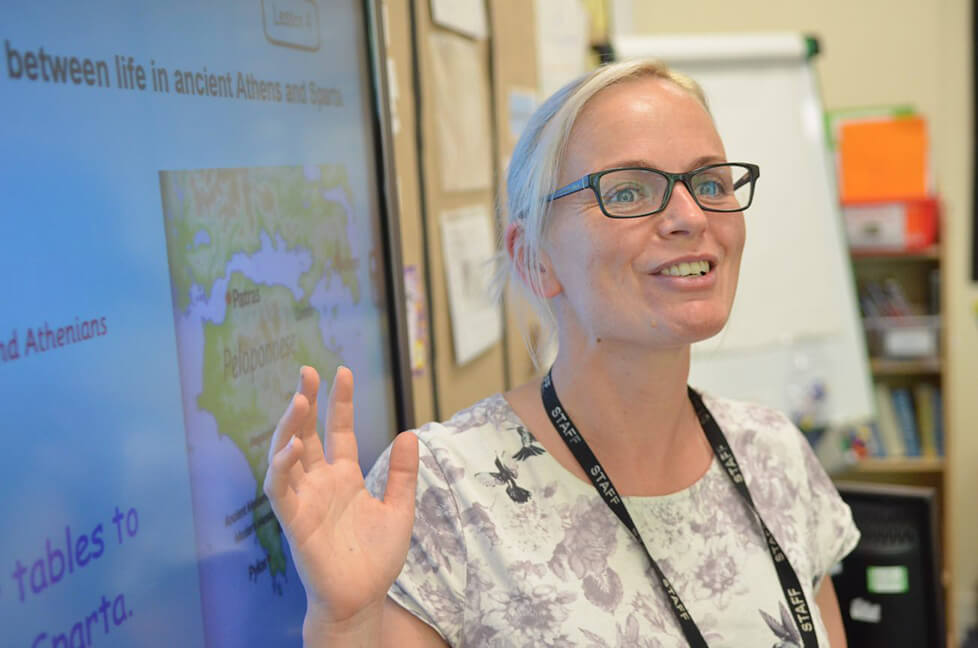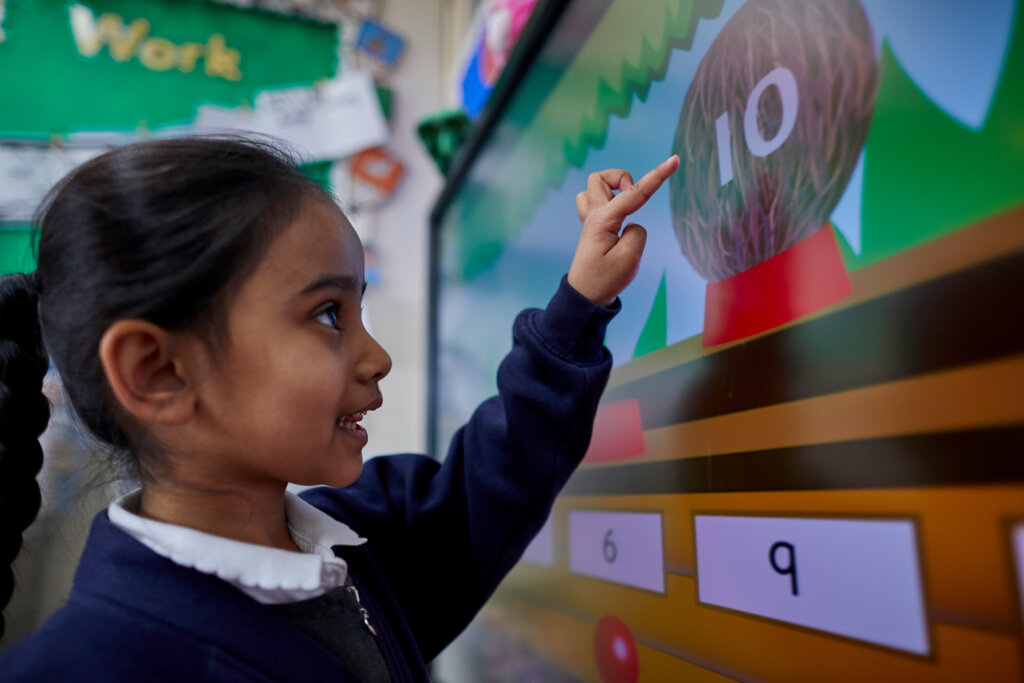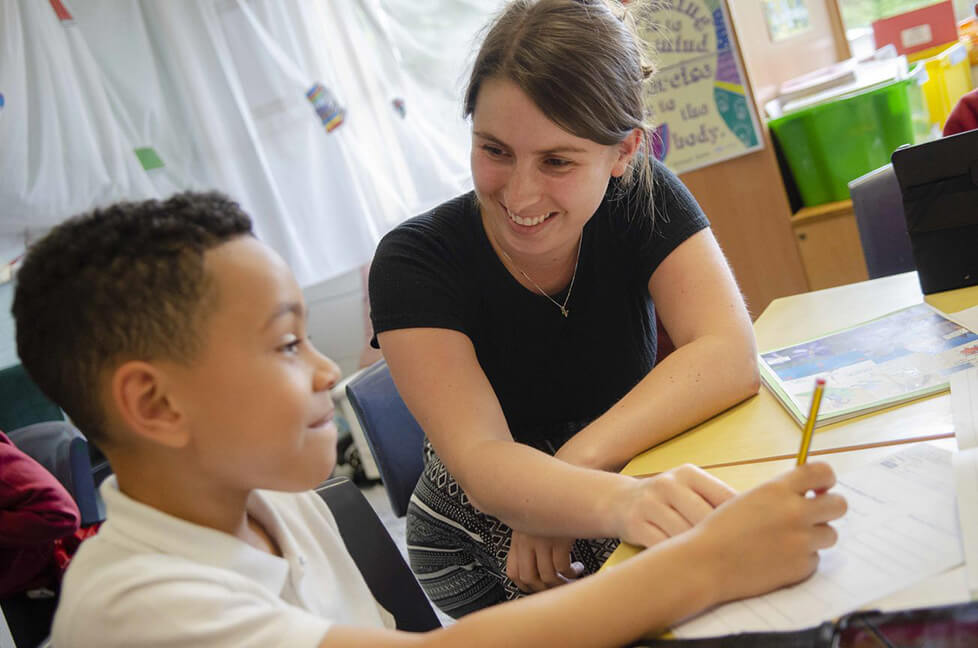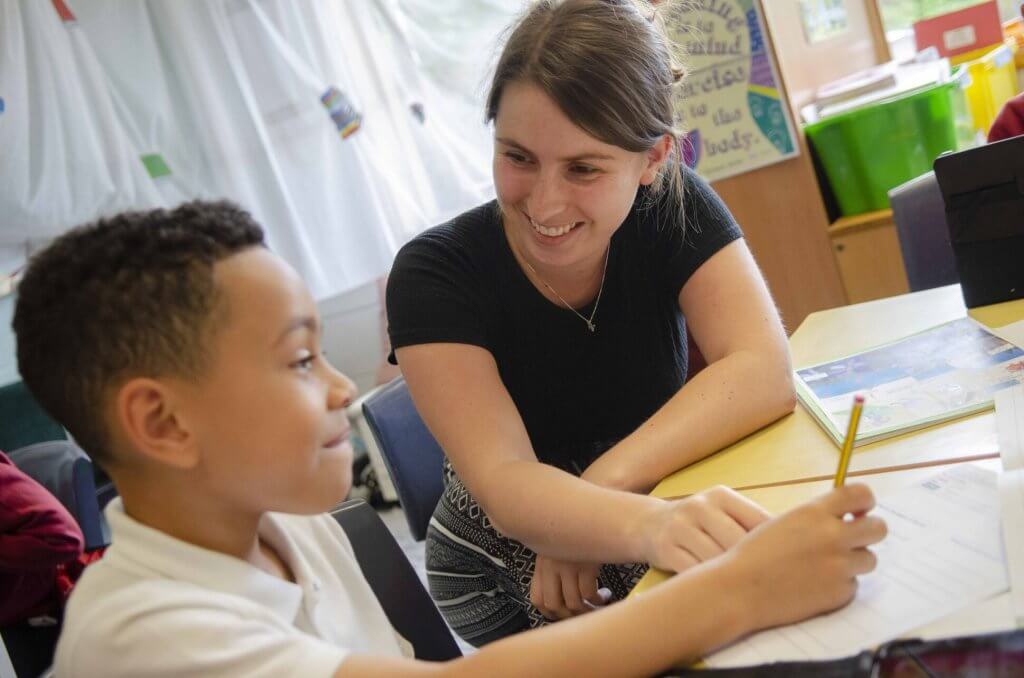Professional supervision is often overlooked for primary and secondary education staff working in the safeguarding and child protection arena. Although it is mandatory for other agencies, for these education staff it is still only a recommendation. Whilst there is always hope that Keeping Children Safe in Education 2024 will make it part of a Designated Safeguarding Leads working pattern, so far, it’s not a given for all. There is reference in Working Together to Safeguard Children (2023) to all practitioners having effective supervision and understanding the impact of their decisions on the child and family, however again, there is nothing to say it is mandatory for primary and secondary education practitioners. I’d like you to think about why it has to be the right thing for you and your team.
As Designated Safeguarding Leads in busy school environments, finding the time and head space to critically reflect on the work we do can seem impossible. Trying to keep the child at the centre of decision-making and understanding how what we do impacts on families can feel like a constant uphill struggle. For me, this is where professional supervision was really supportive. This protected time with a qualified safeguarding supervisor meant that I could bring the most complex, worrying cases forward for discussion and really reflect on the decisions made and actions taken. You know the ones that keep you awake at night? Supervision meant I was able to take the time to think clearly about next steps and consider if I needed to take a different course of action, or possibly offer more challenge to other professionals.
Working in safeguarding can create high levels of anxiety and stress for staff, always wondering if you’ve made the right call, done enough, followed things through properly – the list goes on! The job can feel overwhelming, without any time to really process the trauma and abuse you are exposed to constantly.
During my supervision, I was able to talk through some extremely complex cases and ones I felt had stagnated. Within that space I was able to contemplate next steps and really unpick why some of the decisions had been made. When someone skillfully reflects back to you what you have already done, it allows you to not only consider how your practice could be improved, but can also give you a real sense of pride and confidence. This reassurance can give us that boost to carry on supporting the children we work with, ensuring that they are kept at the centre of decision-making.
One common theme that arises with safeguarding leads when discussing supervision is time. Who has the luxury of an hour to set aside to each half term to ‘think and reflect’? Most of you would say that you haven’t! However, research shows that giving yourself that time enables you to really concentrate your efforts in a more productive, less stressful way. Giving yourself the opportunity to really think through why some of those cases are taking up so much of your time and consider if that time is being wisely spent is an invaluable use of that hour. Having a supervisor who is supportive and able to help you get to grips with managing your case load is, in my opinion, a great use of that hour!
Another thing I felt supervision was really useful for, was where it seemed a case had stagnated and it felt as though almost all professionals involved had become immune to the daily lived experience of the children. Being able to talk this through with a safeguarding professional who was not involved in the case meant I was re-energised to get things moving in the right direction for the children. For example, writing those chronologies, which we all know are a really effective way of showing the concerns and the longevity of the worries that professionals have held, sharing them with other professionals and asking them to do the same meant that one case I had been worrying about which took up so much of my time was then escalated further and more decisive action taken.
I know that most DSLs like to think we have always covered the basics, but without that time to reflect in a critical way on our own practice, sometimes we haven’t and the obvious next step is staring right at us, if only we give ourselves time to look up!
If you haven’t yet tried, surprise yourselves with how much more effective you can be when allowing yourselves that crucial time, with a trained safeguarding supervisor, to reflect critically and improve your practice. Here’s to improving our confidence to carry out this demanding role and to better emotional well-being.
Want to know more?
Listen to our podcast as we explore the role of safeguarding supervision in educational settings in further depth. Together, our Education Welfare & Safeguarding Advisers, Vanessa Pomeroy and Sarah Penrose, discuss this increasingly crucial element of safeguarding practice and the all-important reassurance it brings to frontline staff in schools.
Talk to us!
Contact the Education Welfare and Safeguarding Team to find out how we can support you and your school through Professional Safeguarding Casework Supervision.
Please complete the form below and we will get in contact as soon as we can to help you with your query.




